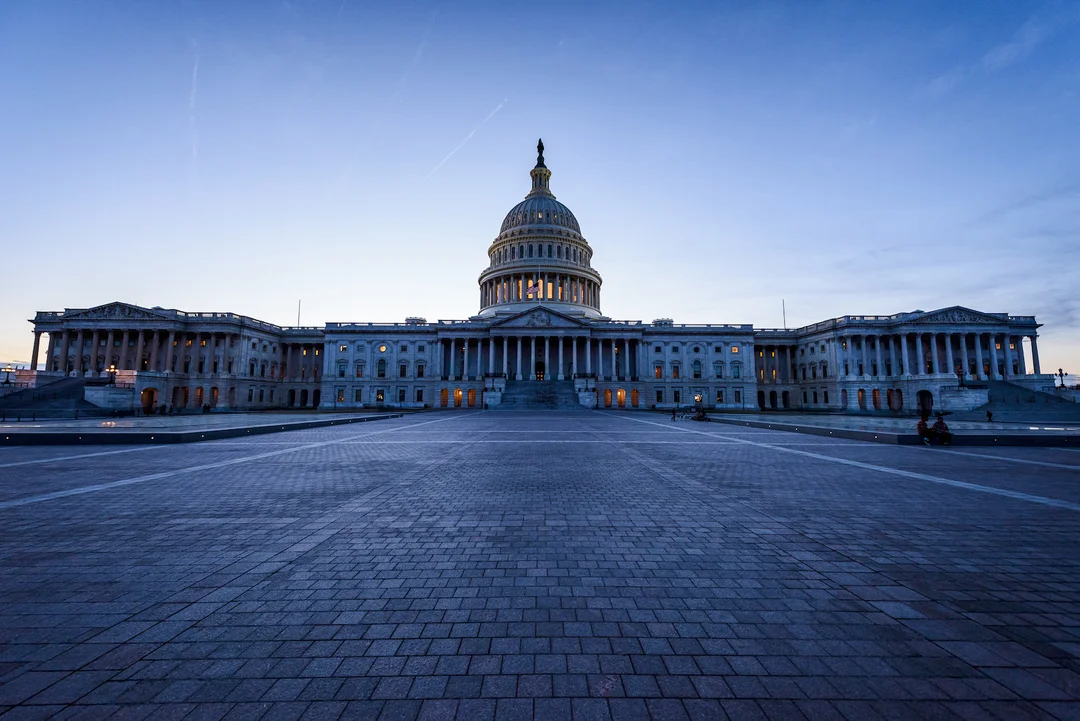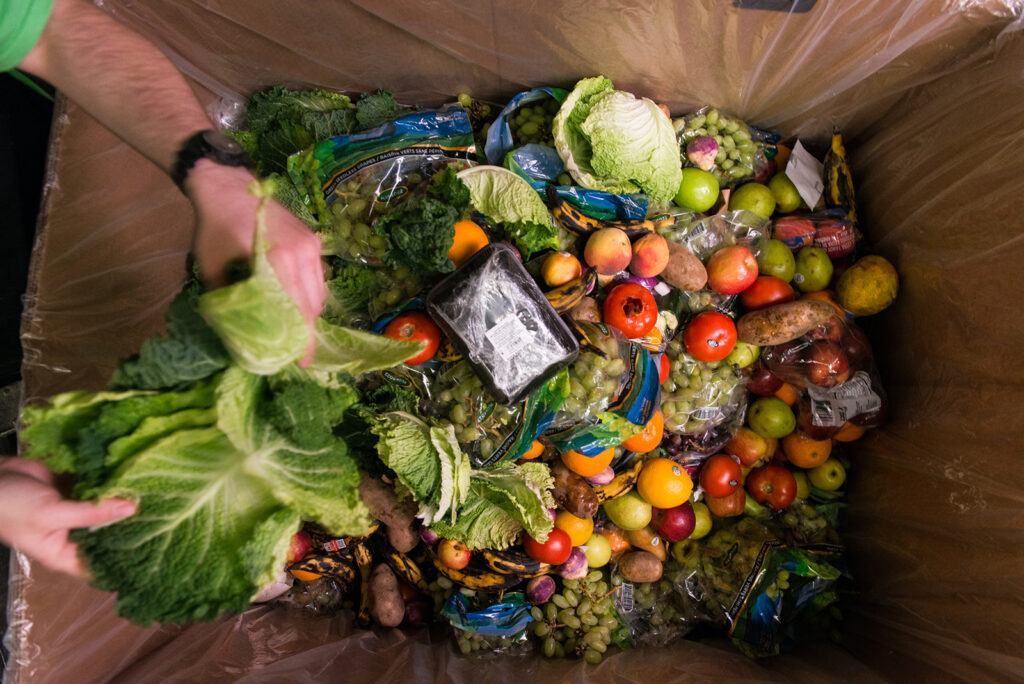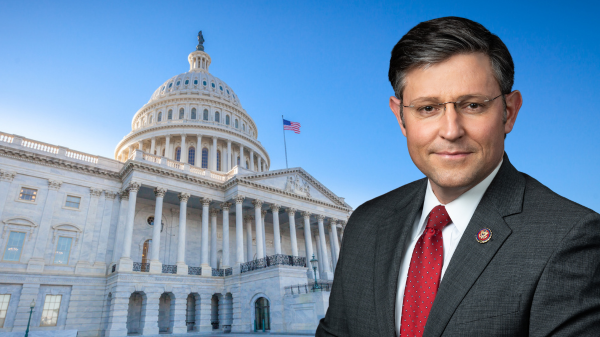In a groundbreaking development for food waste policy transparency, a collaborative effort between Divert, the Zero Food Waste Coalition (ZFWC), and the Harvard Law School Food Law and Policy Clinic (FLPC) has resulted in the launch of a comprehensive Food Waste Legislative Tracker. This innovative tool promises to revolutionize how stakeholders understand and engage with food waste policies across the United States.
Understanding America’s Food Waste Crisis
The scale of food waste in America is staggering. According to recent data from Feeding America, Americans waste an astonishing 92 billion pounds of food annually – equivalent to 145 billion meals. Even more concerning is that 38% of all food in America remains unsold or uneaten, with the food industry accounting for 51.7% of this waste. These numbers highlight the urgent need for comprehensive policy solutions and better tracking mechanisms.
The Power of Policy Tracking
The new Food Waste Legislative Tracker serves as a centralized hub for monitoring and understanding food waste legislation across all 50 states. Its comprehensive features include:
- Real-time status updates on active bills
- Detailed information about organic waste bans
- Coverage of food rescue initiatives
- Updates on organic waste by-product procurement
- Tracking of food recovery programs
- Monitoring of date labeling legislation
Empowering Stakeholders Through Information
Holly Yanai, Senior Manager of Public Affairs at Divert, emphasizes that the tracker originated from a desire to enhance customer awareness about organic waste policies affecting their operations. This tool has evolved into something much more significant – a platform that enables various stakeholders to:
- Monitor pending legislation in their states
- Identify innovative policy approaches
- Compare policies across different states
- Champion similar measures in their communities
Long-term Impact and Goals
The tracker’s launch comes at a crucial time as the United States works toward its national goal of reducing food waste by 50% by 2030. Heather Latino, Clinical Instructor at FLPC, notes that the tracker will play a vital role in accelerating progress toward this benchmark by:
- Facilitating policy comparison across states
- Enabling the replication of successful policies
- Identifying areas where weak policies need strengthening
- Promoting stakeholder engagement in policy development
Making Policy Information Accessible
One of the tracker’s most valuable features is its accessibility and inclusivity regarding developing legislation. This forward-looking approach allows stakeholders to:
- Anticipate future policy changes
- Prepare for upcoming regulations
- Participate in policy development
- Influence legislative outcomes
Industry Impact and Implementation
The food industry, responsible for over half of America’s food , stands to benefit significantly from this tool. The tracker helps businesses:
- Stay compliant with current regulations
- Prepare for upcoming policy changes
- Identify opportunities for improvement
- Engage with policy development processes
Looking Ahead: The Future of Food Waste Policy
As the United States continues to grapple with its challenge, tools like the Legislative Tracker will become increasingly valuable. The tracker’s ability to promote transparency, facilitate comparison, and drive policy improvement makes it an essential resource for anyone involved in reduction efforts.
Taking Action
For those interested in contributing to food waste reduction efforts, the tracker provides valuable insights into:
- Current policy landscapes
- Opportunities for advocacy
- Areas needing improvement
- Successful policy models
The Food Waste Legislative Tracker represents a significant step forward in the fight against. By providing comprehensive, accessible information about food waste policies across the United States, it empowers stakeholders to make informed decisions and take effective action. As we work toward the 2030 goal of reducing food waste by 50%, this tool will undoubtedly play a crucial role in shaping policy and driving progress.











